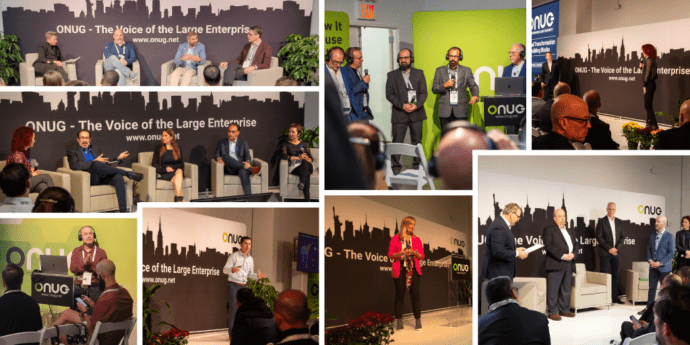
Will the Digital Era Drive Centralized IT into Business Units?
While executive management focuses on the opportunities that digital transformation presents for their corporations, IT business leaders are busy planning how to deliver its effect. One of the most important and least discussed topics on every corporation’s digital journey is organizational transformation. Every senior level IT leader in the Global 2000 is debating the type of skills, culture and organizational model that’s needed to build and run a secure digital enterprise. Many CEOs think that they should adopt the Facebook, Amazon, Google, et al., model, which integrates IT functions into product engineering groups until they realize they are not Facebook, Amazon or Google. At the center of this debate is an old question, “do you centralize IT or distribute/embed IT into business units?” The big question is, “what is the new role of IT jobs in the digital age?”
We know that IT jobs are changing in that skills based upon vendor certifications to configure and manage specific vendor’s products are on the decline. On the rise are coding and computer science engineering skills; that is, the IT job market is shifting toward a high skill set requirement. And the competition for this talent is fierce, pitting tech companies against traditional enterprises.
This shift is just starting as revenues derived from digital products and services are increasingly driving demand for digital products and services. Case in point, industry analysts predict that 44% of all corporate revenue will be sourced from digital offerings in the next few years. So the skill set is shifting toward computer engineering and software development. Then where do you deploy these engineers in your organization?
It’s generally known within the ONUG Community that the closer an IT professional is to the business unit, the more business insight they gain. But there is tradeoff between business acumen and technical depth. Those engineers embedded in the business units tend to lose their deep technical skills. Engineers who are in centralized IT roles tend to maintain and deepen their technical skills as they spend their day focused on security, networking, application development, infrastructure analytics, site reliability, etc. They also tend to have a lack of business insight.
The economy is only going to get more digital. According to U.S. Commerce Department’s Bureau of Economic Analysis, the digital economy has been growing at triple the pace of U.S. GDP. As the digital economy becomes a larger percentage of overall GDP, the above trends will accelerate.
So does IT get consumed by product development teams or embedded within business units? Do centralized IT teams go away or are they relegated to running legacy applications and corporate standard setting? Do embedded shadow IT teams have the technical skills to deliver quality and reliability? Does AI for IT automate many operational functions removing this skill set? In short, what is the future of IT and what are the skills, culture and organizational models of successful digital enterprises?
Keith Shinn of Caliber will argue that IT is needed throughout an organization as its corporation pivots into the digital economy. Brian Silverman of McKesson will argue that all enterprises will look like Facebook, Amazon, Google, etc., and IT functions will become automated and integrated into DevOps and Site Reliability Engineering teams. This debate focuses upon which IT organizational management model is best for the digital age; that is, do you deploy engineers in centralized IT or distribute within business units?
At ONUG Spring in Dallas on May 7th and 8th, we invited the following people to debate centralized vs. distributed organizational models for IT in the digital era.
Ernest Lefner, Digital Transformation, Ernst & Young
Mike Brady, Enterprise CIO, USAA
Keith Shinn, Senior Vice President, Head of Infrastructure, Caliber Home Loans, Inc
Brian Silverman, Senior IT Architect, McKesson
Join the world’s most insightful IT personalities as we debate and plot a new IT future for the digital economy at ONUG Spring in Dallas.



